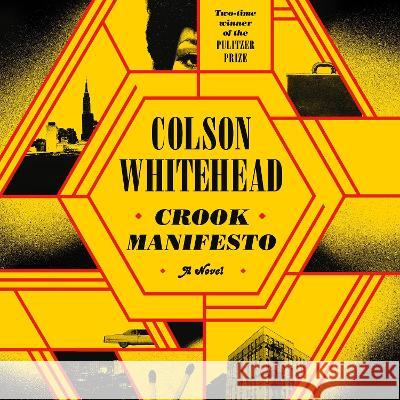Crook Manifesto » książka
topmenu
Crook Manifesto
ISBN-13: 9780593455579 / Angielski / CD-Audio / 2023
Crook Manifesto
ISBN-13: 9780593455579 / Angielski / CD-Audio / 2023
cena 247,80
(netto: 236,00 VAT: 5%)
Najniższa cena z 30 dni: 183,80
(netto: 236,00 VAT: 5%)
Najniższa cena z 30 dni: 183,80
Termin realizacji zamówienia:
ok. 10-14 dni roboczych.
ok. 10-14 dni roboczych.
Darmowa dostawa!
Kategorie:
Kategorie BISAC:
Wydawca:
Random House Audio Publishing Group
Język:
Angielski
ISBN-13:
9780593455579
Rok wydania:
2023
Dostępne języki:
Waga:
0.23 kg
Oprawa:
CD-Audio
Dodatkowe informacje:
Pełna wersja (unabridged)











